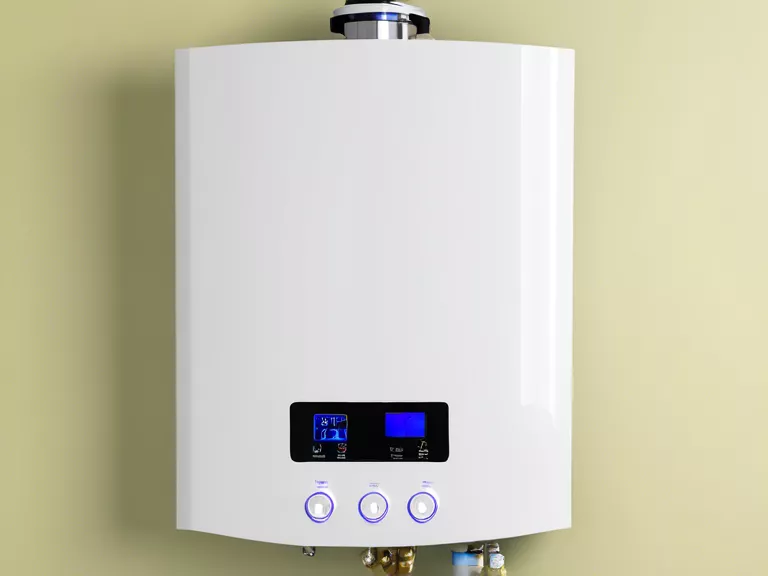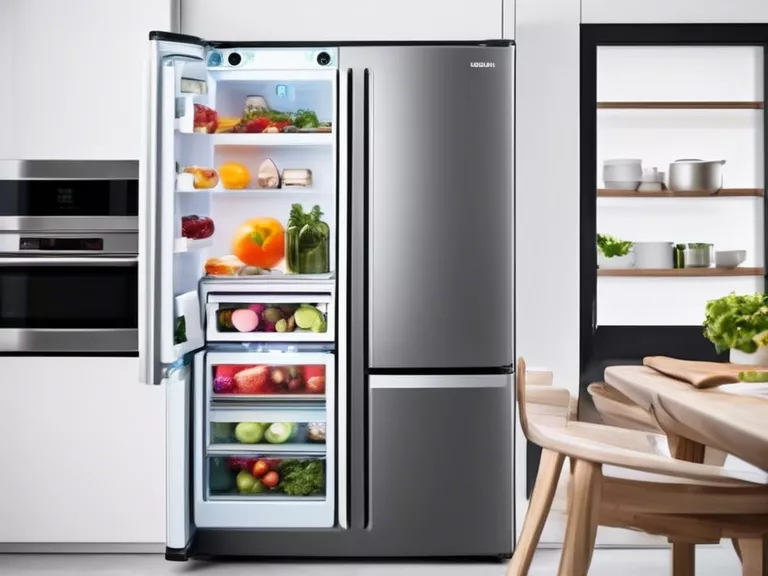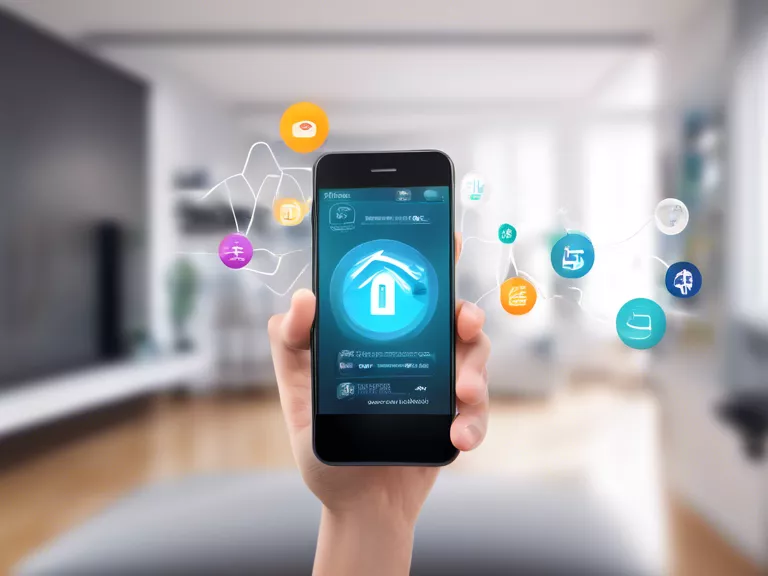
Smart water heaters are revolutionizing the way we use energy in our homes. By utilizing the latest technology, these devices can optimize energy usage and help homeowners save money on their utility bills. In this article, we will explore the role of smart water heaters in promoting energy efficiency and sustainability.
One of the key features of smart water heaters is their ability to learn and adapt to the needs of the household. By analyzing patterns of hot water usage, these devices can adjust their heating schedules to ensure that hot water is available when needed, while avoiding unnecessary energy consumption during times of low demand. This not only saves energy but also extends the lifespan of the water heater.
Another advantage of smart water heaters is their connectivity to other smart home devices. Through integration with smart thermostats or energy management systems, these devices can coordinate their operations to further optimize energy usage. For example, a smart water heater can communicate with a smart thermostat to ensure that hot water is available when the thermostat calls for heating, reducing the overall energy consumption of the home.
Furthermore, smart water heaters often come with energy monitoring features that allow homeowners to track their energy usage in real-time. By providing insights into how much energy is being consumed, these devices can help homeowners make informed decisions about their energy usage habits and identify areas where they can make improvements to further optimize energy usage.
In conclusion, smart water heaters play a crucial role in optimizing energy usage in our homes. By leveraging technology to adapt to our needs, communicate with other smart devices, and provide real-time energy monitoring, these devices are helping homeowners save money, reduce their carbon footprint, and move towards a more sustainable future.



